Its #IPThursday again! At times even the greatest artists of all time are guilty of “borrowing” songs unlawfully. We take a look at the legal drama surrounding one of Michael Jackson’s best songs.
Q: Why do some artists never want to follow the legal process before sampling?
Q: Why do some artists never want to follow the legal process before sampling?
The star of our story is the King of Pop, Michael Jackson (“MJ”). Born in August 1958, MJ is widely regarded as one of the greatest artists to ever live.
He rose to fame in the early 70s, performing with his brothers as part of the Jackson 5. However, it was only as a solo artist that he became a global star. In the late 70s he teamed up with Quincy Jones and released his first album “Off the wall”.
The album was a hit and following the success of “Off The Wall”, MJ started working on his next album. He wanted to make an album where “every song on it was a killer”, and so him and Quincy got to work and made Thriller (Hahahah I rhyme!)
Thriller was released in 1983. His first lead single from the album “Billie Jean” immediately went to number 1 on the charts. A month later he released “Beat It”, which also went to number one. Every artist’s dream.
The songs had great videos and the album is probably most famous for the music video of the title song “Thriller”. I’m surd we’ve all tried this dance routine before? Its probably regarded as the greatest music video of all time. (Sidenote: Smooth Criminal is better imo).
Thriller went on to become greatest selling album of all time. He could do no wrong....oh so we thought. Despite the success of the album there were legal issues surrounding one of the lead songs.
MJ selected the upbeat track “Wanna Be Startin Something” as the opening track on the album. Although it wasn’t as big as “Beat It” or “Billie Jean” it still managed to top several charts worldwide.
Everyone loved the disco tempo of “Wanna Be Startin Something”. Towards the end of the track, MJ started singing a lot of lines that didn’t make sense, but they were very catchy!
In particular, he included the catchy line "mama-say mama-sa mama-coo-sa" towards the end of the song. I mean, its such a cool line to sing along to. Imagine pre-COVID, at a party, with all your friends.  https://abs.twimg.com/emoji/v2/... draggable="false" alt="🔥" title="Feuer" aria-label="Emoji: Feuer">
https://abs.twimg.com/emoji/v2/... draggable="false" alt="🔥" title="Feuer" aria-label="Emoji: Feuer"> https://abs.twimg.com/emoji/v2/... draggable="false" alt="🔥" title="Feuer" aria-label="Emoji: Feuer">
https://abs.twimg.com/emoji/v2/... draggable="false" alt="🔥" title="Feuer" aria-label="Emoji: Feuer"> https://abs.twimg.com/emoji/v2/... draggable="false" alt="🔥" title="Feuer" aria-label="Emoji: Feuer">
https://abs.twimg.com/emoji/v2/... draggable="false" alt="🔥" title="Feuer" aria-label="Emoji: Feuer">
No one knew what it meant and naturally, no one asked MJ of where he got it from. Everyone assumed he came up with it, I mean the man was regarded as a “creative genius” at this point. Which brings us to the next part of our story....going back a couple of years.
In 1972, some 10 years before the release of Thriller, the Cameroon national team had qualified for the quarter finals of the Africa Nations Cup. As you know, whenever an African team does something decent, we need to have a song. Its just what we do here!
They asked jazz artist Manu Dibango to record and release a song for the team. Dibango then released the song “Soul Makossa” which contained the lyrics "mama-say mama-sa mama-ko-sa".
[SOUND ON  https://abs.twimg.com/emoji/v2/... draggable="false" alt="🔊" title="Lautsprecher mit drei Schallwellen" aria-label="Emoji: Lautsprecher mit drei Schallwellen">] The lyrics are a play on the Duala word “makossa”, which is a style of music originating from Cameroon. The song was a hit in the Central African country and of course, it crossed borders.
https://abs.twimg.com/emoji/v2/... draggable="false" alt="🔊" title="Lautsprecher mit drei Schallwellen" aria-label="Emoji: Lautsprecher mit drei Schallwellen">] The lyrics are a play on the Duala word “makossa”, which is a style of music originating from Cameroon. The song was a hit in the Central African country and of course, it crossed borders.
DJs in the US started playing it in Clubs and no one bothered to acknowledge the original artist. This is probably where the King of Pop heard the hook and obviously, he loved it.
Let me just explain how sampling works in the music biz. In order to legally use a sample from an existing song in your own music, you need TWO things:
1.Permission to use the first recording of the song in studio (the master recording) which is often owned by a label.
2.Permission to use the composition (which is controlled by the publisher/songwriter).
Yes, all you have to do is formally ask the relevant parties.
2.Permission to use the composition (which is controlled by the publisher/songwriter).
Yes, all you have to do is formally ask the relevant parties.
Both the record label and the songwriter can come back with certain conditions. The first may be the payment of royalties, which big artists can honestly afford to pay. And the other is giving the artist songwriting credits. Musicians take a lot of pride in that.
As you can imagine, when Dibango heard MJ’s Wanna Be Startin Something in 1983 he was incredibly upset. He hadn’t given permission or received any royalties. His hit jingle had been stolen by a Smooth Criminal...
The success of Thriller didn’t make this any better. In 1983, MJ and Quincy Jones won a record 8 grammy awards from Thriller and MJ performed the song as the opening track in most of his concerts. Dibango had still not received credit or royalties for his line in the track.
So in 1986, Manu Dibango sued Michael Jackson for copying his song and stealing the popular hook. MJ admitted to “borrowing” the line for his song and in typical fashion, he quickly settled with Dibango out of court for ONLY.
....for only 1 million French Francs. I say “only” because Thriller broke all the sales records possible. At the time, this was probably small change for MJ and Quincy Jones. But Manu was probably happy with the settlement amount.
Story over? Well not quite.....In 2007, Rihanna approached MJ for permission to use the catchy line in one of the songs in her album “Good Girl Gone Bad.”
Rihanna was well aware that in order to sample a previous song, you need to submit a request from the artist of the song you want to sample. This is standard pretty much worldwide and it should be followed by all sampling artists.
MJ gave Rihanna permission and in 2007, she released the hit single “Please Don’t Stop The Music”. MJ got songwriting credits and it was one of the best tracks from the album and 2007 in general.
As was the case some 25 years earlier, Manu Dinango was again upset to learn that his song had been sampled by another artist without his permission. So he decided to sue both Rihanna and Michael Jackson.
Rihanna argued that she had gotten permission to use the line from MJ and she had followed proper channels. Dibango insisted that she should have asked him or MJ should have come to him first for permission as the original composer of the hook.
He took both artists to a French Court and demanded €500,000 in damages and wanted to prevent Sony, Warner and EMI, the record labels involved from receiving any future income from the song.
The judge heard the matter and it turned out that in his earlier settlement with MJ in 1986, Dibango had signed away the rights to future claims for the song. The judge only ordered that Rihanna give him songwriting credits for Please Don’t Stop The Music and that was it.
Manu was bound by the deal he signed 25 years before. The rights to the hook now belonged to Michael Jackson. Its likely Manu was just happy to receive the money and signed whatever they put in front of him in 1986. He probably wasn’t aware he’d given the song to Michael Jackson.
MJ represented a very problematic attitude that Europe and America in particular have towards African IP. He either thought the African artist doesnt matter, would never find out (as if we live under rocks with no radio) or if he ever did, how many can afford to sue in the US?
He is not the only one. The worst case I have ever read was by a man named Malcolm Mclaren. If you love 80s music or grew up on it through your dad like I did, you’d know the song “Double Dutch” in his “Duck Rock” album. Its a catchy tune that is probably his most successful song
In South Africa, it was incredibly familiar. Upon release, he was met by a lawsuit from South African record company Gallo Music for stealing the melody from “Puleng” by The Boyoyo Boys. The song itself is very popular amongst Sotho/Tswana speaking people.
Mclaren initially refused to share royalties with the SA group. Eventually, he was forced to settle with Gallo Music, but he retained songwriting credits.
It turned out his entire Duck Rock album was a compilation of works “borrowed” from different cultures worldwide. Without crediting the artists. He had also sampled songs from Mahlathini and the Mahotella Queens without crediting them.
This is just one example, I’m sure there are more cases that never see the light of day or gain any publicity. And I don’t accept the argument from big stars where they say “Without me using your song, no one would know you”. If you like the work, give credit. Simple.
This is probably also a cautionary take of be careful what you sign. However in this story, we all know “Who’s Bad!”. MJ should have followed the proper channels, found the artist and got permission to use the hook.
Big Lesson: Acknowledge your sources and be careful what you sign. Manu Dibango was probably happy to receive the initial cheque from Michael Jackson, he didn’t consider the effects of signing away his right to claim in future. Stay Safe Good People!!  https://abs.twimg.com/emoji/v2/... draggable="false" alt="❤️" title="Rotes Herz" aria-label="Emoji: Rotes Herz">
https://abs.twimg.com/emoji/v2/... draggable="false" alt="❤️" title="Rotes Herz" aria-label="Emoji: Rotes Herz"> https://abs.twimg.com/emoji/v2/... draggable="false" alt="💛" title="Gelbes Herz" aria-label="Emoji: Gelbes Herz">
https://abs.twimg.com/emoji/v2/... draggable="false" alt="💛" title="Gelbes Herz" aria-label="Emoji: Gelbes Herz"> https://abs.twimg.com/emoji/v2/... draggable="false" alt="💚" title="Grünes Herz" aria-label="Emoji: Grünes Herz">
https://abs.twimg.com/emoji/v2/... draggable="false" alt="💚" title="Grünes Herz" aria-label="Emoji: Grünes Herz">

 Read on Twitter
Read on Twitter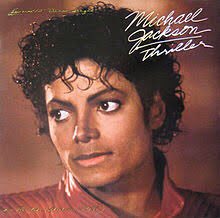
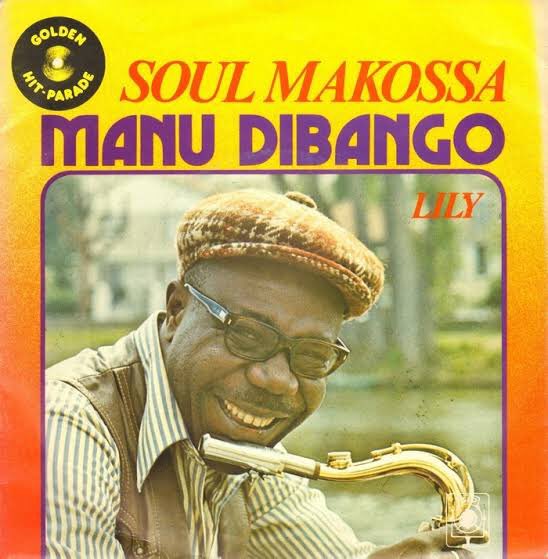
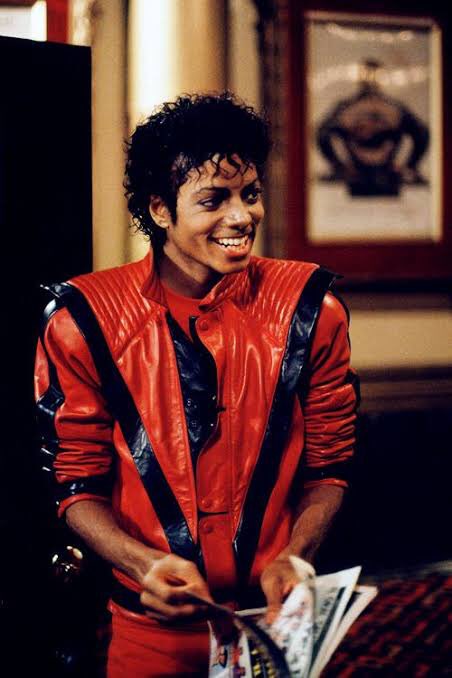
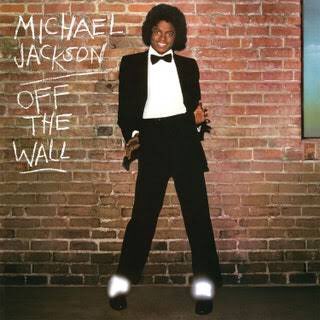
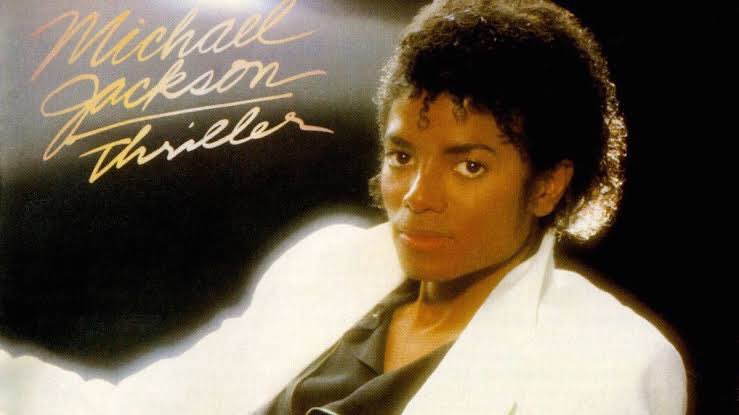
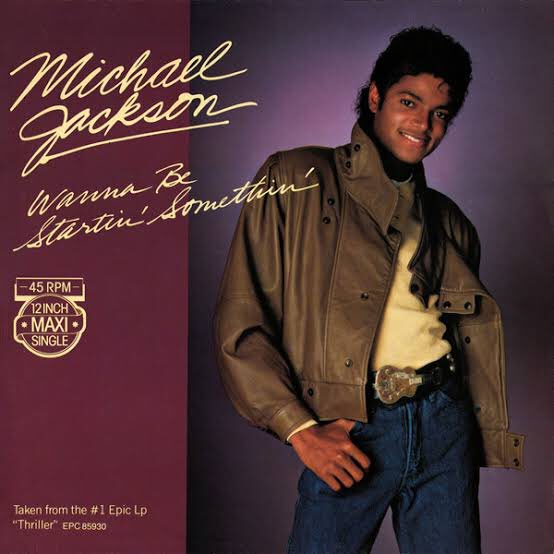
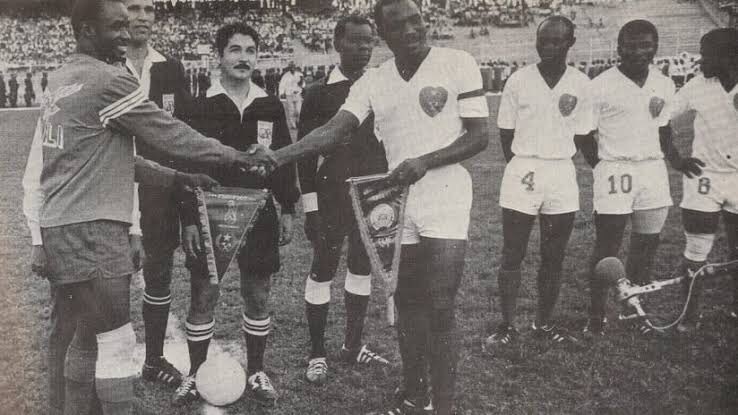
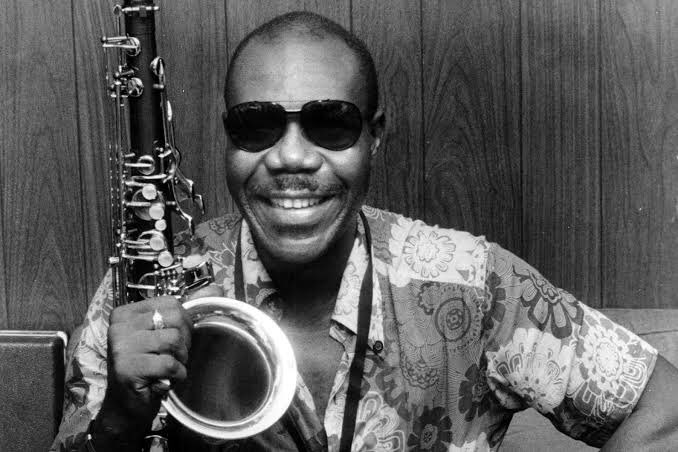
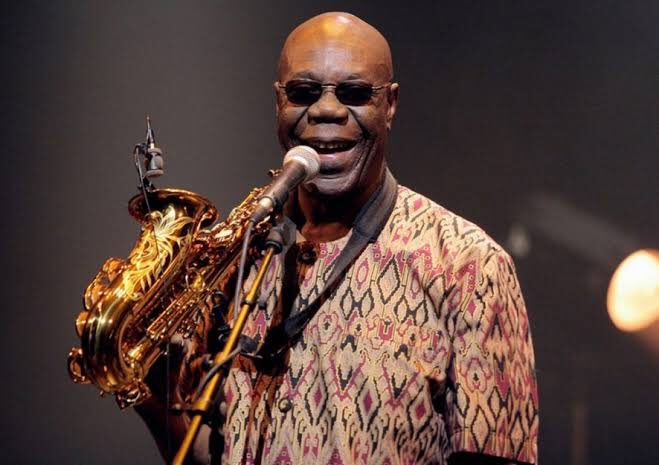
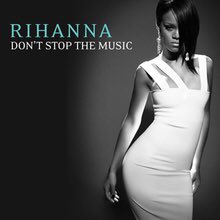
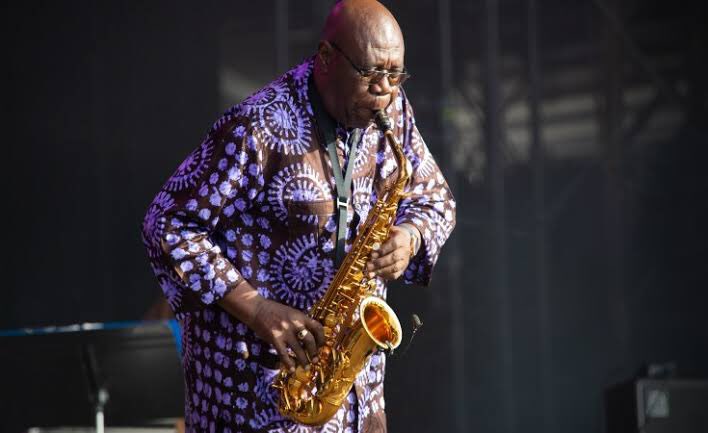
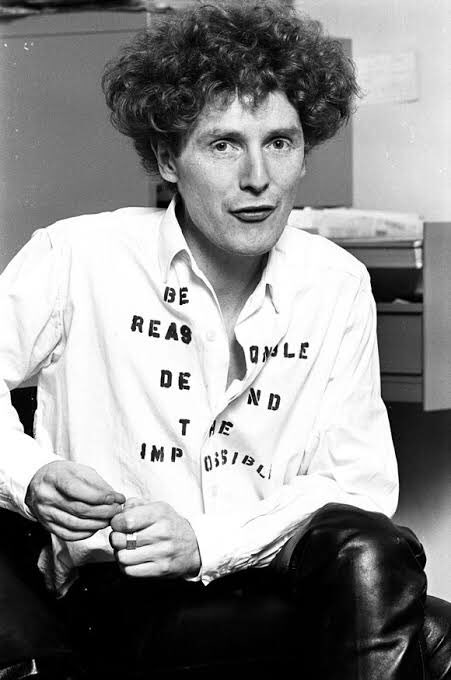
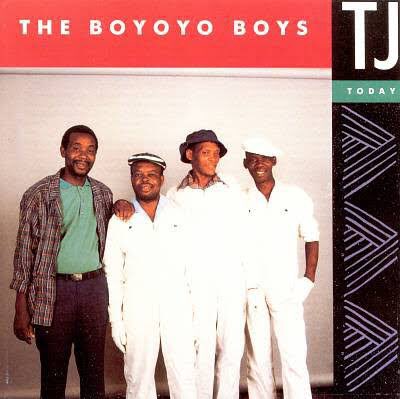
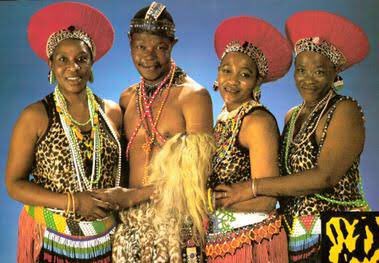
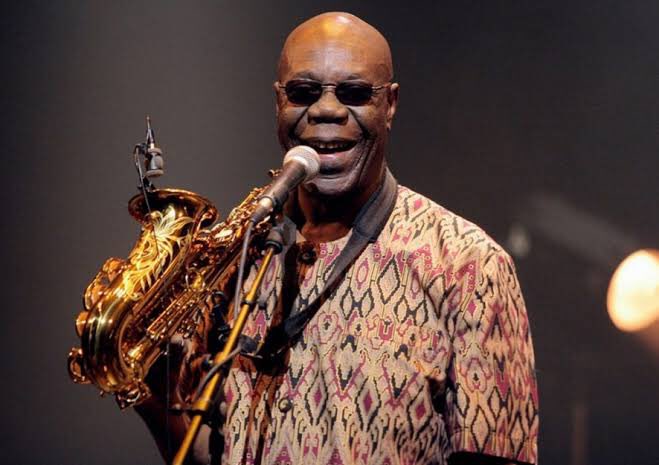
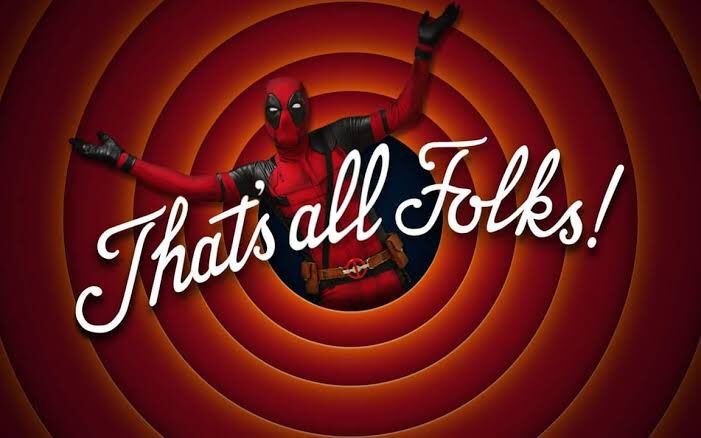 https://abs.twimg.com/emoji/v2/... draggable="false" alt="💛" title="Gelbes Herz" aria-label="Emoji: Gelbes Herz">https://abs.twimg.com/emoji/v2/... draggable="false" alt="💚" title="Grünes Herz" aria-label="Emoji: Grünes Herz">" title="Big Lesson: Acknowledge your sources and be careful what you sign. Manu Dibango was probably happy to receive the initial cheque from Michael Jackson, he didn’t consider the effects of signing away his right to claim in future. Stay Safe Good People!! https://abs.twimg.com/emoji/v2/... draggable="false" alt="❤️" title="Rotes Herz" aria-label="Emoji: Rotes Herz">https://abs.twimg.com/emoji/v2/... draggable="false" alt="💛" title="Gelbes Herz" aria-label="Emoji: Gelbes Herz">https://abs.twimg.com/emoji/v2/... draggable="false" alt="💚" title="Grünes Herz" aria-label="Emoji: Grünes Herz">" class="img-responsive" style="max-width:100%;"/>
https://abs.twimg.com/emoji/v2/... draggable="false" alt="💛" title="Gelbes Herz" aria-label="Emoji: Gelbes Herz">https://abs.twimg.com/emoji/v2/... draggable="false" alt="💚" title="Grünes Herz" aria-label="Emoji: Grünes Herz">" title="Big Lesson: Acknowledge your sources and be careful what you sign. Manu Dibango was probably happy to receive the initial cheque from Michael Jackson, he didn’t consider the effects of signing away his right to claim in future. Stay Safe Good People!! https://abs.twimg.com/emoji/v2/... draggable="false" alt="❤️" title="Rotes Herz" aria-label="Emoji: Rotes Herz">https://abs.twimg.com/emoji/v2/... draggable="false" alt="💛" title="Gelbes Herz" aria-label="Emoji: Gelbes Herz">https://abs.twimg.com/emoji/v2/... draggable="false" alt="💚" title="Grünes Herz" aria-label="Emoji: Grünes Herz">" class="img-responsive" style="max-width:100%;"/>


